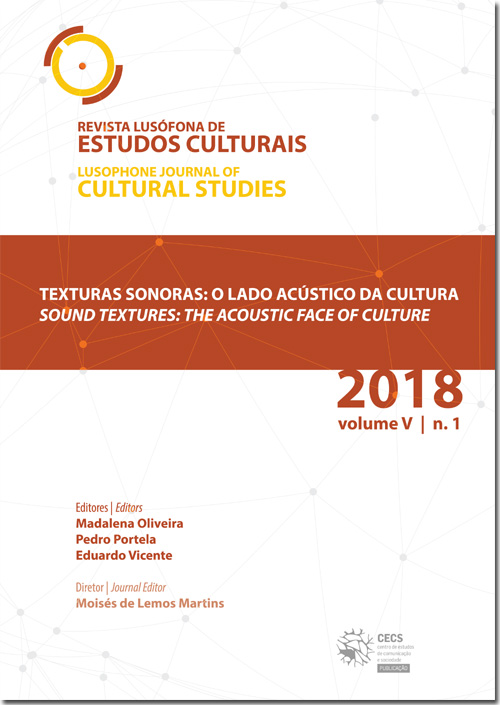Musicality of Portuguese: introduction to a sonority and phonetic acoustic in the Lusophone world
DOI:
https://doi.org/10.21814/rlec.299Keywords:
Accent, Lusophone culture, lusophony, music genres, popular musicAbstract
The Portuguese language comprehends the space where Portuguese is spoken and understood as the mother tongue of communication between the people who inhabit it. It is a linguistic landscape that includes sounds as different as the diversity of the countries that make up this Lusophone space. The plurality of accents and musical genres – colonial product of a time that was not only history-related – reflects a range of sound possibilities in an attempt to synthesize an accoustic mediascape based on the Portuguese language. This space frets against both the ear and the representation of the Portuguese-speaking countries, and it consists of the main object of reflection of this article: the acoustic possibilities of Portuguese language and music to create phonetic particularities that distinguish the Portuguese speakers in a Portuguese-speaking world of about 300 million speakers.
Downloads
Downloads
Published
How to Cite
Issue
Section
License
Authors own the copyright, providing the journal with the right of first publication. The work is licensed under a Creative Commons - Atribuição 4.0 Internacional License.








